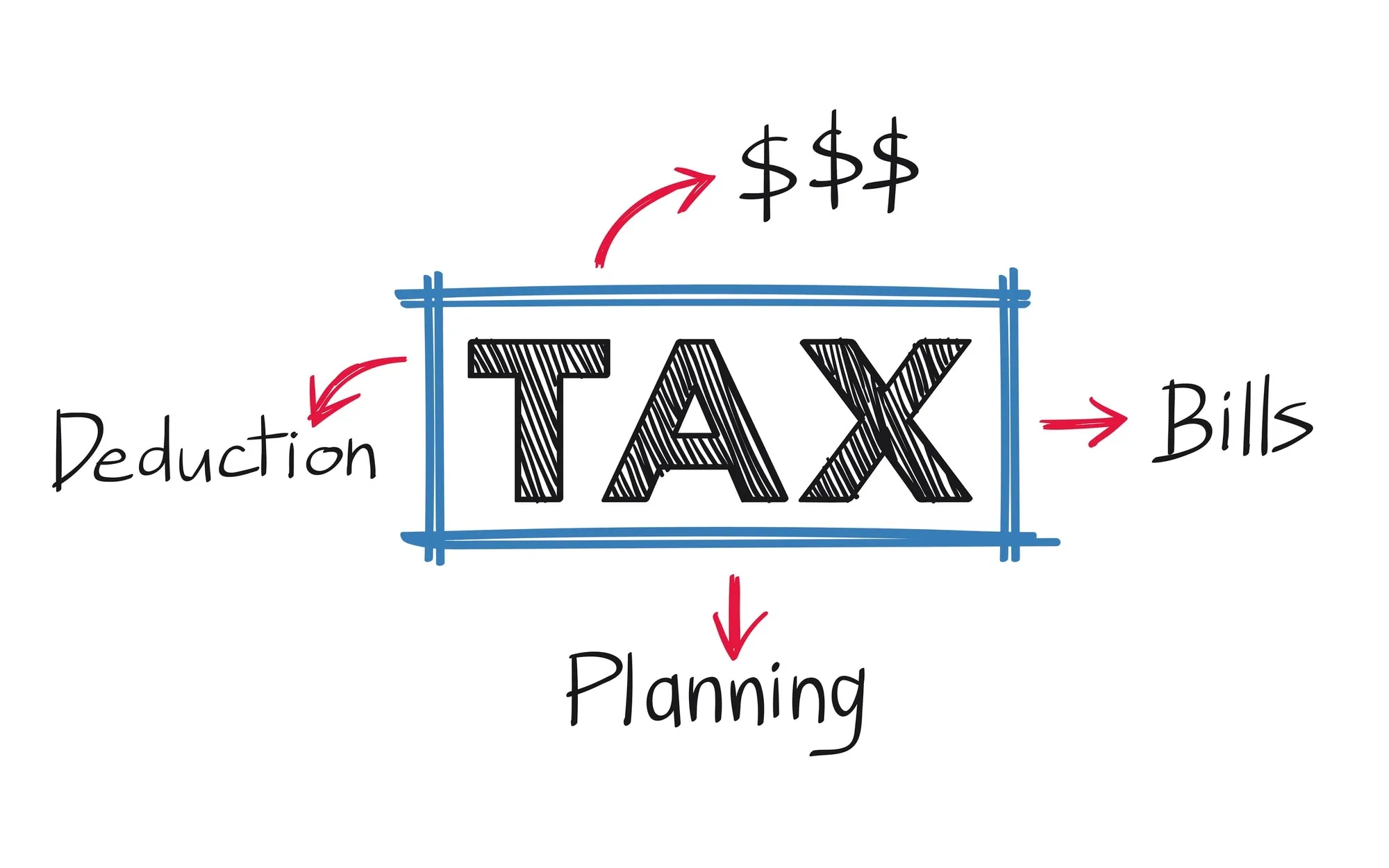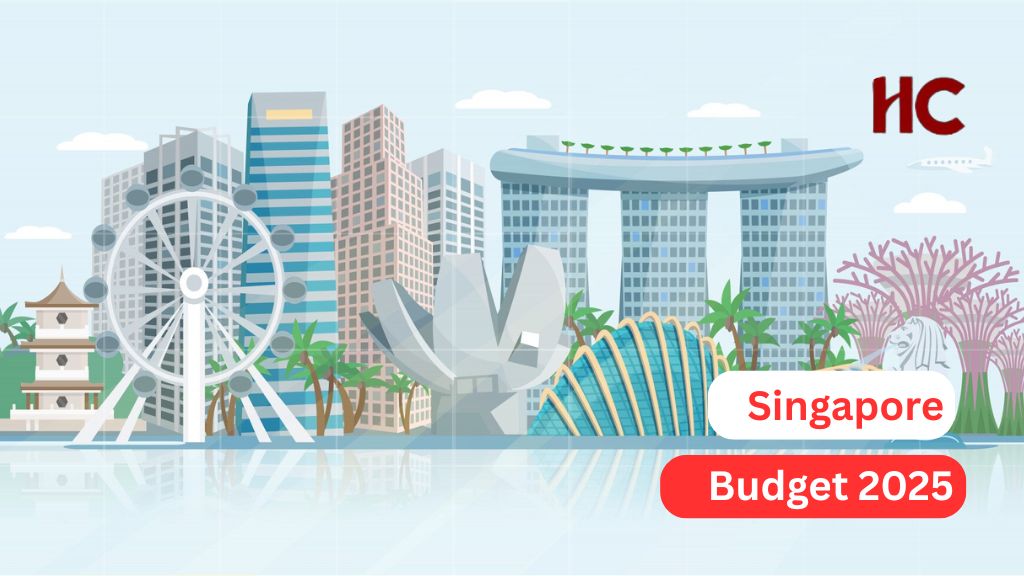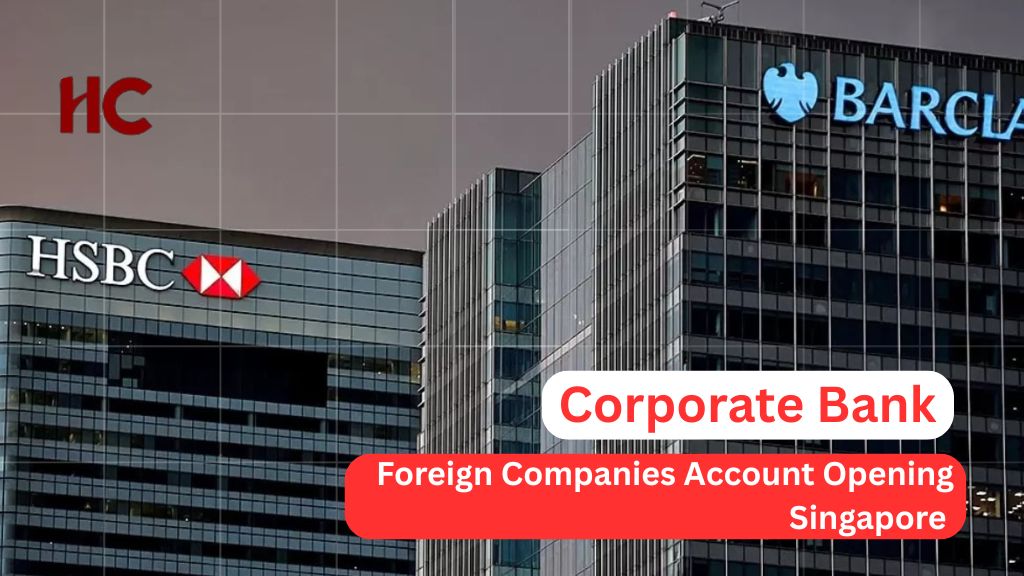Singapore Budget 2025 underscores the government’s commitment to helping businesses navigate economic challenges, manage rising costs, and transform for a future driven by innovation and digitalization. This budget places strong emphasis on supporting companies with cost relief, strengthening their competitive edge, and encouraging innovation and workforce development.
This article outlines key measures introduced in the Singapore Budget 2025 that aim to empower businesses. It highlights cost-saving initiatives, wage support schemes, and tax rebates to help companies stay competitive while accelerating digital and operational transformation.
1. Enhanced Cost Savings Through Corporate Income Tax Rebates
One of the headline initiatives in Budget 2025 is the introduction of a significant 50% corporate income tax rebate for the Year of Assessment (YA) 2025. This rebate applies to all taxpaying companies, capped at SGD 40,000 per company.
The rationale is clear: as operational expenses increase — spanning rent, utilities, labor, and raw materials — companies are looking for ways to preserve cash flow. By providing a tax rebate, businesses receive tangible relief, enabling them to better manage their finances without compromising growth plans.
For companies that are less profitable or facing losses, the government has introduced a minimum cash grant of SGD 2,000. This cash grant acts as a lifeline, particularly for startups and sectors heavily impacted by global uncertainties. To qualify for this grant, companies must be active and demonstrate employment of at least one local staff member, evidenced through CPF contributions in 2024.
This support mechanism is designed not only to improve cash flow but also to encourage companies to maintain local employment, a key pillar of Singapore’s economic growth strategy. The automatic nature of the rebate and grant means companies do not need to apply separately, reducing administrative burdens. The cash grants are expected to be disbursed starting from the second quarter of 2025.
Example
A tech startup struggling with rising overheads can receive the cash grant to offset costs, allowing it to invest in product development and hiring rather than solely focusing on survival.
Also Read: Singapore Annual Filing Guide for Foreign-Owned Businesses
2. Progressive Wage Credit Scheme (PWCS): Strengthening Wage Growth for Lower-Income Workers

Wage growth and fair labor practices remain crucial components of Singapore’s balanced economic development plan. Budget 2025 enhances the Progressive Wage Credit Scheme (PWCS) by increasing government co-funding rates, easing the financial pressure on companies while promoting better wages for local workers.
The PWCS helps employers by co-funding wage increases for Singaporean and Permanent Resident workers earning monthly wages of up to SGD 3,000. For wage increments made in 2025, the government will co-fund 40% (up from 30%) of the wage increase. In 2026, the co-funding rate will be 20% (up from 15%).
The wage increase must be at least SGD 100 per month to qualify. Additionally, the scheme supports sustained wage increases: co-funding applies for two consecutive years if the wage increment is maintained during this period.
This progressive approach helps companies ease into paying higher wages without compromising financial health, especially amid inflationary pressures and global competition for talent. With these enhancements, Budget 2025 sends a strong signal to businesses that nurturing local talent through fair compensation is both beneficial and supported.
The PWCS payments are processed automatically, sparing companies from the need to apply. Payouts for wage increments made in 2025 will be disbursed in early 2026.
Example
A medium-sized manufacturing company leverages PWCS to increase wages for its local workers, improving worker morale and productivity without significant impact on the bottom line.
3. Personal Income Tax Rebate: Sharing Economic Progress with Workers
In conjunction with business support, Singapore Budget 2025 includes a focused measure to provide relief to individual taxpayers. As part of the SG60 package—a celebration of Singapore’s 60 years of nationhood—the government has introduced a personal income tax rebate for YA 2025.
This rebate amounts to 60% of tax payable, capped at SGD 200 per taxpayer, and applies to all tax resident individuals. The objective is to ease the personal tax burden and enable workers to better cope with cost-of-living increases.
Importantly, this rebate is automatic, requiring no application. Individuals will observe the reduction when their 2025 tax assessments are issued, typically between April and September 2025.
This measure complements the business and employment schemes by ensuring workers can benefit directly, strengthening consumer confidence and spending power.
4. Supporting Businesses Through Digital Transformation and Innovation
Beyond immediate financial relief, Singapore Budget 2025 continues the government’s strategic push to help companies embrace innovation and digital adoption to remain competitive globally.
Key initiatives to facilitate transformation include:
- Enhanced grants and subsidies for technology adoption, automation, and upgrading digital capabilities, enabling companies to modernize operations without bearing the full cost.
- Strengthening skills development and training support, helping businesses reskill and upskill employees to adapt to evolving market demands and technologies.
- Encouragement of R&D investments by expanding tax deductions and support for innovation projects that create new products, services, or business models.
Singapore’s aim is to future-proof its economy by ensuring companies can pivot swiftly, leverage new technologies, and build resilience against disruptive global trends.
Also Read: Corporate Service Providers Act 2024 takes effect on 9 June 2025
5. Maintaining Competitiveness Amid Global Challenges

The combination of tax rebates, wage support, and transformation grants reflects a holistic approach tailored to Singapore’s unique context: a small, trade-intensive economy exposed to global volatility, rising costs, and intense competition from regional neighbors.
These measures give firms necessary breathing space to invest in capabilities, retain talent, and expand market reach without being overwhelmed by short-term cost pressures. The government’s continued investment in workforce development and innovation also ensures Singapore remains a magnet for high-value industries and foreign direct investment.
Summary Table: Key Initiatives at a Glance
| Initiative | Benefit | Eligibility Criteria | Release Timeline |
| Corporate Income Tax Rebate | 50% rebate, capped at SGD 40K; SGD 2,000 cash grant minimum | Active companies with local employees | Automatic, from Q2 2025 |
| Progressive Wage Credit Scheme | 40% co-funding (2025), 20% (2026) wage increases | Workers earning ≤ SGD 3,000; ≥ SGD 100 wage hike | Payouts early 2026 & 2027 |
| Personal Income Tax Rebate | 60% rebate, capped at SGD 200 per taxpayer | All tax resident individuals | Tax assessments mid-2025 |
Economic Context and Official Insights
Singapore’s Finance Minister, in his 2025 budget speech, emphasized the importance of this support package:
“We recognize the challenges businesses face today—from inflationary pressures to global competition. Our budget ensures firms can stay resilient, invest in their workforce, and embrace innovation to thrive in the evolving landscape.”
Economists also highlight that these measures reinforce Singapore as a magnet for talent and investment while protecting local workers’ livelihood.
Practical Tips for Businesses to Maximize Benefits
- Maintain thorough employment records and CPF contributions to ensure eligibility for the tax grant and PWCS.
- Plan wage increases carefully to meet the minimum thresholds and sustain increases over two years to maximize PWCS payouts.
- Monitor deadlines for tax filings and understand automatic rebate applications to avoid missing benefits.
- Leverage government grants early to invest in digital tools and training programs, speeding business transformation.
Positioning for Growth and Resilience in 2025
Singapore Budget 2025 delivers a thoughtful blend of cost relief, wage support, and innovation incentives—all aimed to empower businesses to manage rising costs, compete internationally, and modernize operations.
From startups to multinational corporations, the initiatives foster a more inclusive and resilient business ecosystem that supports growth, safeguards jobs, and enables the economy to flourish amid uncertainties.
By understanding and capitalizing on these measures, businesses can secure a competitive edge and contribute to Singapore’s vision of a vibrant, innovation-led future.


